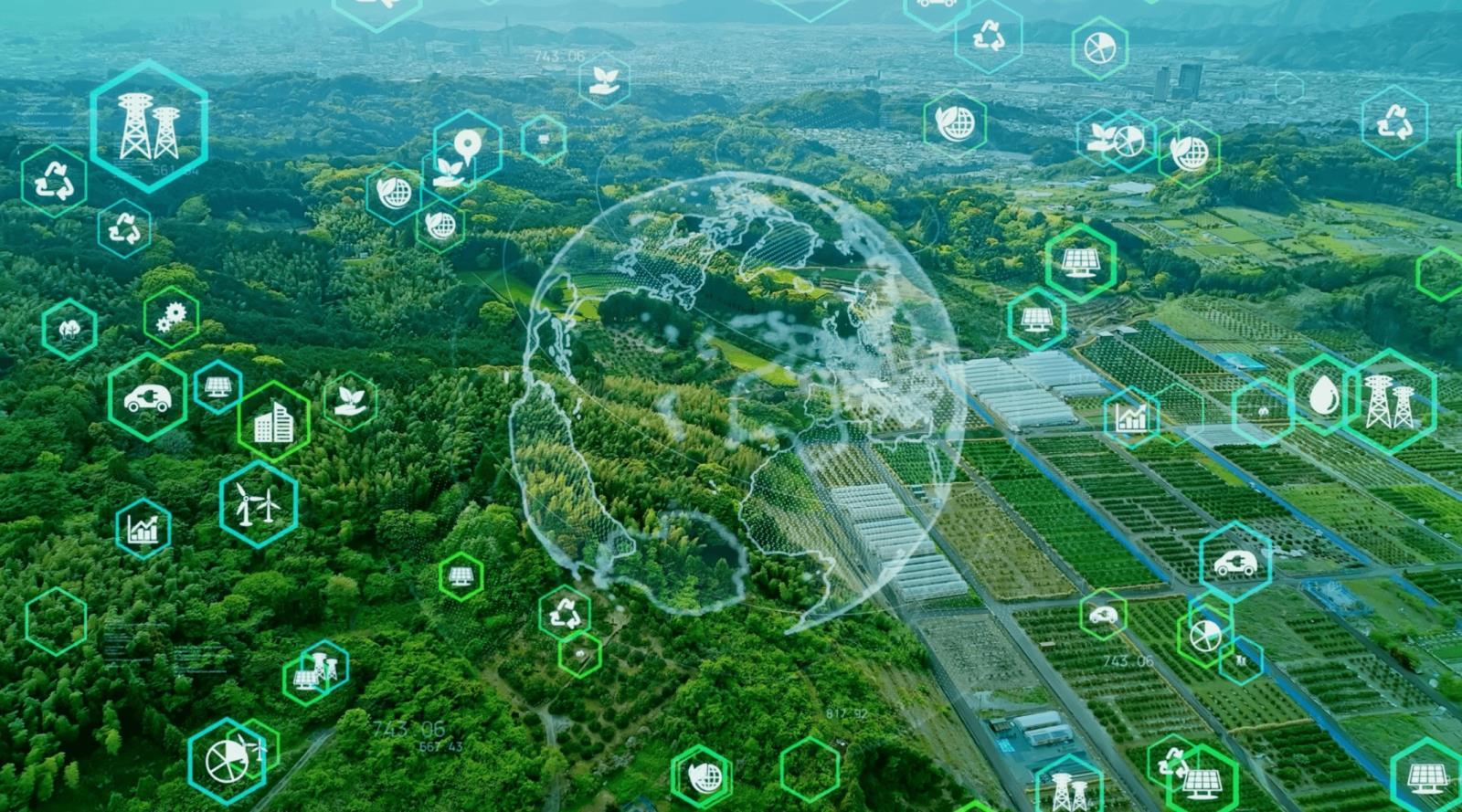
One key focus of recent discussions is the shift to renewable energy sources, particularly solar and wind power, which are becoming increasingly accessible and efficient. Experts emphasize the importance of scaling these technologies rapidly to reduce dependence on fossil fuels and curb global warming. In addition, breakthroughs in energy storage are making it possible to harness and store renewable energy for use during off-peak hours, making it a more reliable and sustainable option.
In agriculture, the adoption of sustainable farming practices is gaining traction as a means of reducing the environmental impact of food production. Experts highlight the role of regenerative farming techniques, which focus on restoring soil health, increasing biodiversity, and reducing carbon emissions. These practices not only support the environment but also improve the resilience of crops to climate-related stresses.
Technological advancements in carbon capture and storage (CCS) are also being explored as a method for reducing the amount of carbon dioxide in the atmosphere. By capturing CO2 emissions from power plants and other industrial sources, these technologies aim to prevent further harm to the planet's climate system.
While challenges remain in implementing these solutions on a global scale, there is a growing sense of optimism that collaboration between governments, industries, and local communities can drive the changes needed to achieve a more sustainable future. The emphasis is not just on technological innovation, but on fostering a shift in mindset towards more sustainable living practices that will support long-term climate goals.
As efforts to combat climate change continue to evolve, it is clear that a combination of innovative solutions and collective action will be crucial in addressing the challenges that lie ahead.